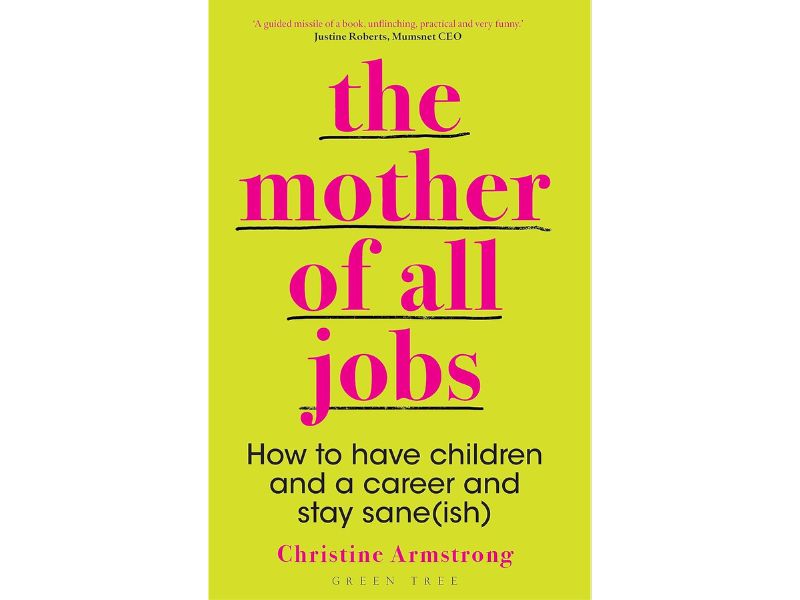
At the beginning of your career, it’s easy to define what you want to set out to achieve, and what you might need to do to get there.
However once you’ve set off on your career path, it’s easy to lose focus on your initial strategy as you focus on the job in hand.
In a career, just as in business, goals and plans are important components of a strategy, but they’re not the whole story – a goal says where you’re going, but a strategy talks about how you’ll get there. A plan says what you’re going to do, but a strategy explains why you’re doing it.
What defines a strategy?
Often all good business strategies possess certain features including; an ultimate goal, clear insight into context, a clear choice of how to succeed and plans and actions of how you’ll do so.
Taking this into consideration, it’s then important to think about how you can apply these metrics to your own career.
How can I make a strategy for my career?
- Define an ultimate goal. This is something only you can decide, as there are a number of possible goals you could have for your career. Looking at our latest research, the What Workers Want Report 2017, ambition was a highly rated goal by employees in Yorkshire. Over a third (39%) aspire to reach senior management during their careers and over 15% hope to reach C-suite level.
It might be that you want to reach a specific job title or role in your career, or even work for a particular company for a significant length of time and make a tangible difference to business outcomes. There are also a number of other goals you could consider:
- Earning a certain salary
- To attain professional or public recognition
- Avoiding compromising a good level of work/life balance throughout your career
- Achieving a new skill or qualification through your job
- Clear insight into context. When defining your career strategy, you need to ask yourself questions to set your goals by answering as honestly and objectively as you can. There are two ways you need to think about these in an external and internal context:
When looking at your internal context ask yourself; what skills and capabilities do I have? What are my strengths and weaknesses? What types of work have I most enjoyed over the last year? How have I grown and developed professionally over the last five years?
Externally, thinking about outside influences and sources, ask yourself; who are the people whose career I’d want to model my own on? How are my potential employers performing in their market? What are my strengths and weaknesses compared to people I work alongside? How can technology trends change the types of opportunities available to me, and do I need to upskill?
- Realise how you are going to succeed. A strong career strategy needs to be built around a meaningful choice of how you are prepared to focus on and develop your career.
You need to think about an action which will set your plan into motion such as producing a personal development plan, either on your own or with your employer. Additionally, you need to conquer any feelings of self-doubt, and throw yourself into any new projects with energy, focus, enthusiasm and a ‘can do’ attitude. A positive ‘can-do ‘attitude in the workplace will help you get noticed by your boss and other senior stakeholders for the right reasons, increasing chances of a promotion, pay rise or achieving other goals.
Considering finding a mentor is another good step to take to boost your career strategy. Mentors can lie within your organisation or outside, and finding the right one can help you think more clearly about your career. If you do have a mentor they can then help you with; sharing detailed industry knowledge and experiences; identify your strengths and weaknesses; listening to your ideas in a constructive and non-judgemental way.
- Plans and actions. Once you’re confident you know what you want to achieve, it’s important to translate that high-level concept into concrete actions you can start to action by asking yourself the following questions:
- What skills do you need to develop? Can you develop these at work for example? Interestingly, training and development was rated highly by employees in Yorkshire with a third saying they would decline a job offer if an employer could not offer any professional training or development. Equally when asked what training they would want to receive from a new employer, external training was the most popular (75%) followed by on the job training (67%).
- What is your ideal career step? Is there scope for promotion at your current employer, or do you need to look elsewhere?
Ultimately, it’s key to keep track of your goals and progress. Writing down all your goals will help ‘embed’ them in your mind, and ensure you can assess your progress as you go.
For more advice, information and job opportunities contact me on [email protected] or call 0113 200 3700.
 About the author
About the author
Pam Lindsay-Dunn, Regional Managing Director at Hays
Pam was appointed Regional Managing Director for Yorkshire & North in 2011, where she oversees 15 individual office locations.
Initially starting her career in the North West within our Manchester office in 1995, Pam has had the opportunity to work across different geographical locations both in the North and the South of England. In addition to running the region, Pam takes an active involvement in developing major key accounts and developing solutions for supply. This has also led to her to become more involved in compliance nationally, where she takes the lead across the UK.








